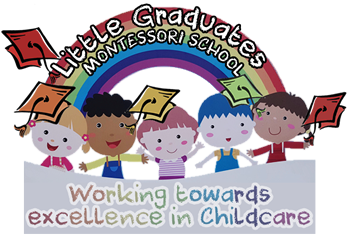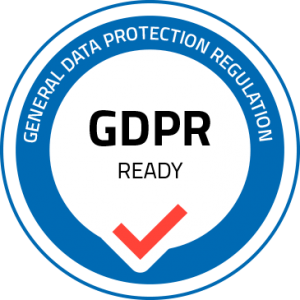This website uses cookies so that we can provide you with the best user experience possible. Cookie information is stored in your browser and performs functions such as recognising you when you return to our website and helping our team to understand which sections of the website you find most interesting and useful.
First Aid
3.2 First aid
Policy statement
LGMS will ensure staff are able to take action to apply first aid treatment in the event of an accident involving a child or adult. At least one adult with a current first aid certificate is on the premises, or on an outing, at any one time. LGMS aims to have as many staff qualified in first aid as possible. Newly qualified staff who achieved an early years qualification at level 2 or 3 on or after 30 June 2016 also have a paediatric first aid certificate in order to be counted in the adult:child ratios. The first aid qualification includes first aid training for infants and young children. LGMS have evidence of due diligence when choosing first aid training and ensure that it is relevant to adults caring for young children.
Procedures
The first aid kit
LGMS first aid kit is accessible at all times and contains the following items:
- Triangular bandages (ideally at least one should be sterile)
- Sterile dressings.
- Composite pack containing assorted (individually-wrapped) plasters
- Sterile eye pads (with bandage or attachment)
- Sterile water for rinsing eyes.
- Sterile wipes for wound cleaning.
In addition, the following equipment is kept either in or near to the first aid box:
- 2 pairs of disposable plastic (PVC or vinyl) gloves.
- 1 plastic disposable apron.
- Bump colds packs in the fridge
- A supply of ice is kept in the freezer.
In addition, the following equipment is kept in the office first aid locked box:
- Piriton
- Calpol
- Liquid Ibuprofen
- Thermometer
- Information about who has completed first aid training and the location of the first aid box is provided to all LGMS staff and volunteers. A list of staff and volunteers who have current PFA certificates is displayed in the setting, in each room and in the main entrance.
- The first aid boxes are easily accessible to adults and are kept out of the reach of children.
- Medication is only administered in line with LGMS Administering Medicines policy.
- In the case of minor injury or accidents, first aid treatment is given by a qualified first aider.
- In the event of minor injuries or accidents, LGMS normally inform parents when they collect their child, unless in the case of a head injury, the child is unduly upset or LGMS have concerns about the injury. In which case LGMS will contact the child’s parents for clarification of what they would like to do, i.e. whether they wish to collect the child and/or take them to their own GP.
- An ambulance is called for children requiring emergency treatment. LGMS contact parents immediately and inform them of what has happened and where their child has been taken.
- Parents sign a consent form at registration allowing The manager or deputy to take their child to the nearest Accident and Emergency unit to be examined, treated or admitted as necessary on the understanding that they have been informed and are on their way to the hospital.
- Accidents and injuries are recorded in LGMS accident record sheets and, where applicable, notified to the Health and Safety Executive, Ofsted and/or local child protection agencies in line with LGMS Recording and Reporting of Accident and Incidents Policy.
Legal framework
- Health and Safety (First Aid) Regulations (1981)
Further guidance
- First Aid at Work: Your questions answered (HSE Revised 2015)
- Basic Advice on First Aid at Work (HSE Revised 2012)
- Guidance on First Aid for Schools (DfE Revised 2014)
| This policy was adopted by | LGMS | (name of provider) |
| On | 1st September 2022 | (date) |
| Date to be reviewed | September 2023 | (date) |
| Signed on behalf of the provider | Shauna Fosker | |
| Name of signatory | Shauna Fosker | |
| Role of signatory (e.g. chair, director or owner) | Senior Manager | |
Other useful Pre-school Learning Alliance publications
- First Aid Management Record (2016)
- Accident Record (2017)
- Medication Administration Record (2017)



